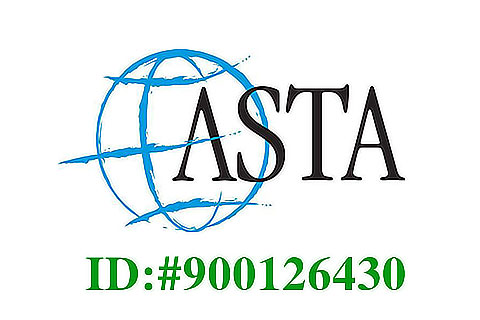Home > Mid-Autumn Festival
Mid-Autumn Festival
The Mid-Autumn Festival falls on the fifteenth day of the eighth month in Chinese lunar calendar, when the moon is at its fullest and brightest of the year. And, as people traditionally eat moon cakes and appreciate the full moon, it is also referred to as the Mooncake Festival. In 2008, Chinese government first recognized it as a national holiday.
There was a bad man named Peng Meng who was very jealous of Hou Yi. He threatened Chang'e with a sword to get the elixir from her. Instead of caving into his demands, she instead quickly drank the elixir herself. Immediately after consuming the potion, she flew up into the moon and became immortal. Missing his beloved wife, Hou Yi burned incense and food offerings, and the practice spread throughout China.
Origin
Mid-Autumn Festival originated from the Moon sacrifices in ancient times. In ancient China, emperors followed the rite of offering sacrifices to the sun in spring and to the moon in autumn. Later aristocrats and literary figures helped expand the ceremony to common people. Historical books of the Zhou Dynasty (1066 B.C. - 221 B.C.) have had the word "Mid-Autumn". At that time, people hold ceremonies to greet winter and worship the moon. The custom was passed down to the Tang Dynasty (618-907 A.D.) when people enjoy and worship the full moon. In the Song Dynasty (960-1279), the 15th day of the eighth lunar month was formally named the Mid-Autumn Festival. People sent round moon cakes to their relatives as gifts in expression of their best wishes of family reunion. And since the Ming (1368-1644) and Qing dynasties (1644-1911), the custom of Mid-Autumn Festival celebration has become unprecedentedly popular.Legend
Mid-Autumn Festival was inspired by the mythical story of "Chang'e flying to te moon." There were 10 suns in the sky during the ancient times, scorching the earth and its crops. To save the world from the misery, a skilled archer, Hou Yi, shot down nine of the suns. As a reward, he was given an elixir of life by the Yellow Emperor. However, Hou Yi had a beautiful wife, Chang'e, and he did not wish to become immortal without her. After Hou Yi was acclaimed as a hero, he stashed away the pill in a secret place.There was a bad man named Peng Meng who was very jealous of Hou Yi. He threatened Chang'e with a sword to get the elixir from her. Instead of caving into his demands, she instead quickly drank the elixir herself. Immediately after consuming the potion, she flew up into the moon and became immortal. Missing his beloved wife, Hou Yi burned incense and food offerings, and the practice spread throughout China.







